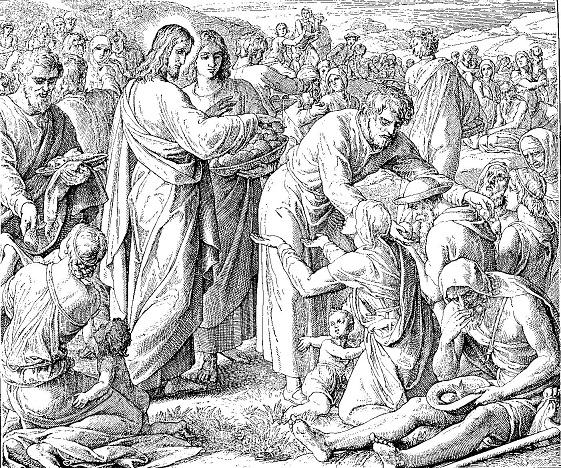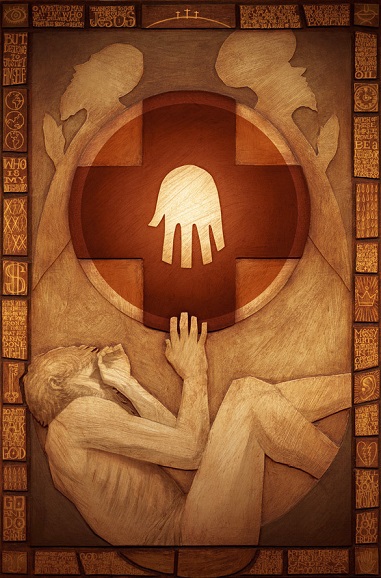Month: July 2022
-

Seventh Sunday after Trinity
Readings: Genesis 2:7-17 | Romans 6:19-23 | Mark 8:1-9 Text: Mark 8:1-6 What do you think about food? You like it? I do, too. I’m sure we could share some enthusiastic stories about our favorite meals. What would you do to get it? When we’re children, it’s given to us. But when we get older…
-

Sixth Sunday after Trinity
Readings: Exodus 20:1–17 | Romans 6:1–11 | Matthew 5:17–26 Text: Matthew 5:20-26 For centuries, the first thing those learning the Christian faith encounter is the Ten Commandments. We may think they are elementary, and therefore easy to do. After all, they sound so simple: You shall have no other gods. You shall not misuse the…
-

Fifth Sunday after Trinity
Confirmation of Landon Carter & Gwendolyn Zorko Readings: Genesis 50:15–21 | Romans 8:18–23 | Luke 6:36–42 Text: 1 Peter 3:8-15 St. Peter’s first epistle to the Church is beautifully appropriate and informative for the Church today. It was first written to the Christians who were scattered after persecution grew more severe, and it was clear…
-

Fourth Sunday after Trinity
Readings: Genesis 50:15-21 | Romans 8:18-23 | Luke 6:36-42 Text: Luke 6:36-42 We are living in what could possibly be the most judgmental period in human history. Despite the efforts of previous generations to teach us not to be judgmental, the pendulum has swung back sharply and made us and the society we live in…
-

Third Sunday after Trinity
Readings: Micah 7:18–20 | 1 Peter 5:6–11 | Luke 15:1-10 Text: Luke 15:1-10 There are times in Scripture where we can see the truth of God’s work on the lips of His enemies. Consider how Caiaphas spoke of the Sanhedrin’s plot to kill Jesus in John 11: Caiaphas, who was high priest that year, said…